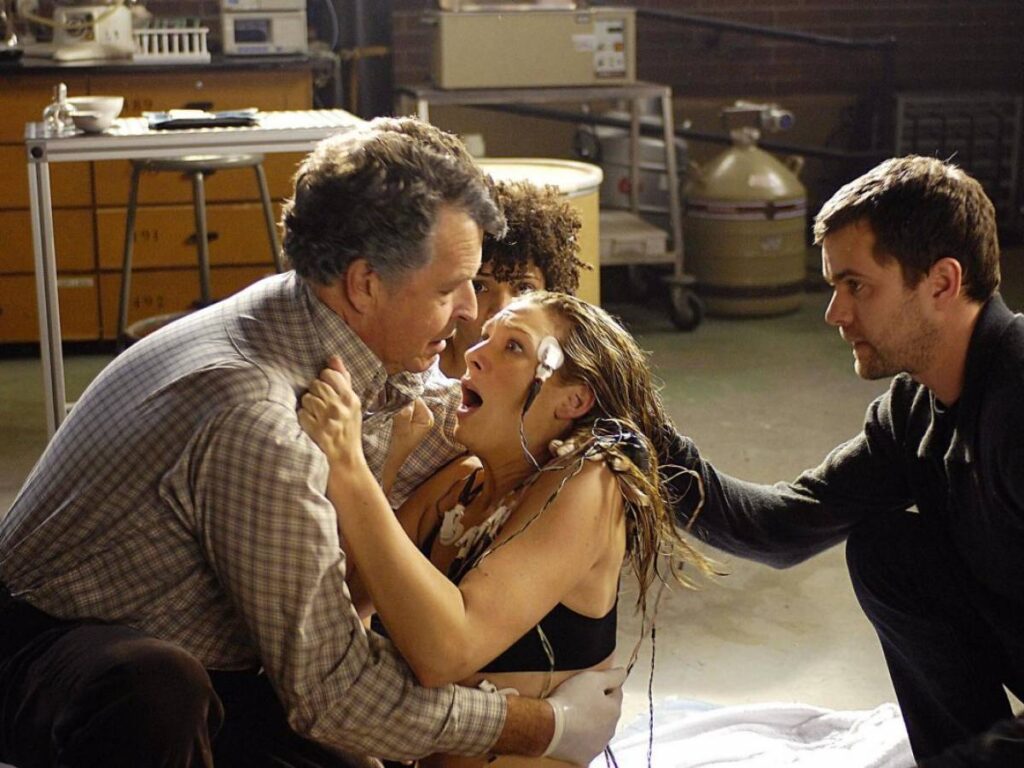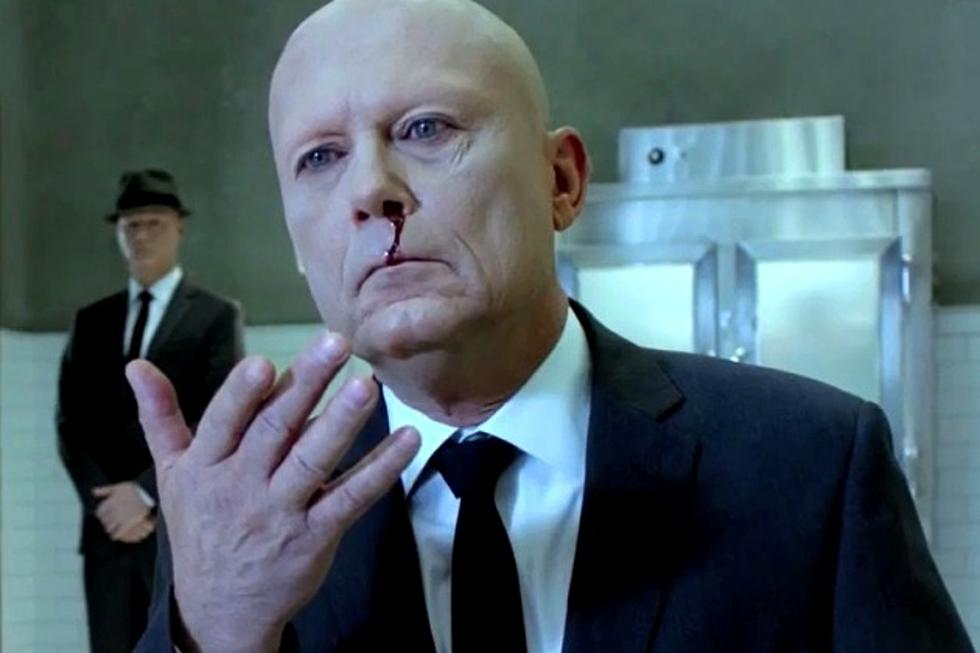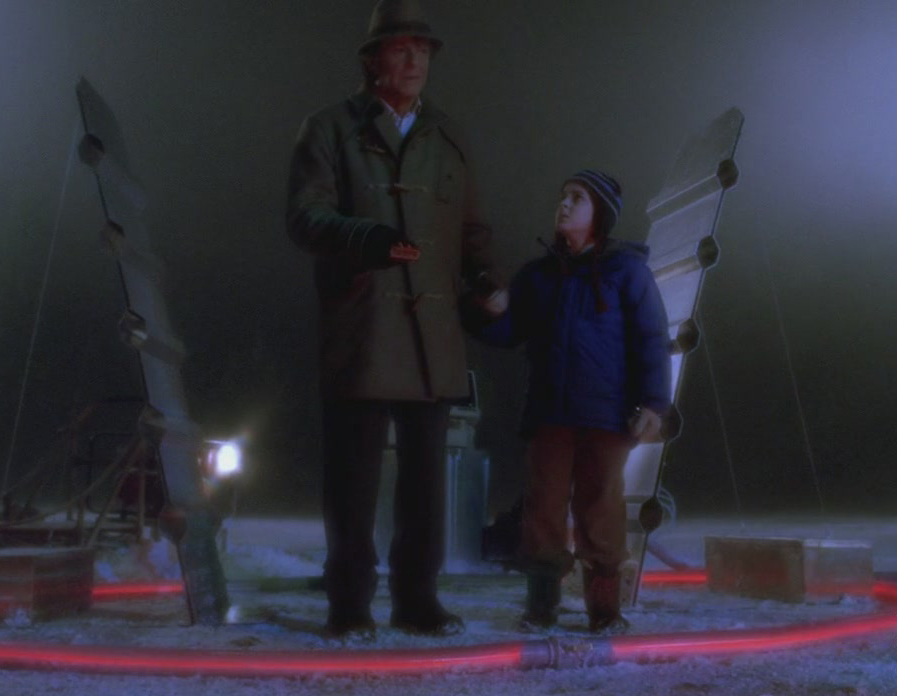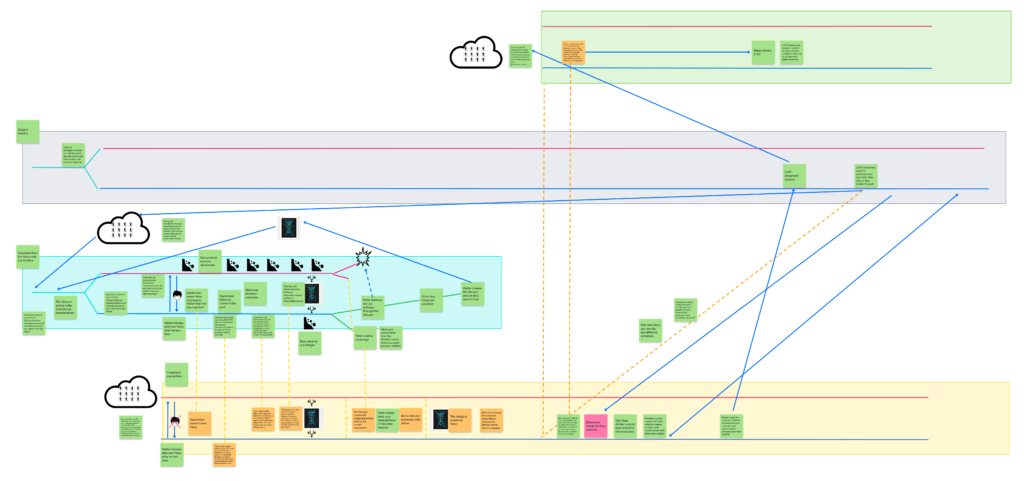I recently completed a rewatch of Fringe. I had already seen the series when it first came out, and although I loved it up until the end of the third season, the fourth and fifth made me hate it, especially due to all the glaring inconsistencies I noticed in the final episodes. The finale, in particular, with Walter’s disappearance, disappointed me to the point of completely disowning the series.
Completely bored by the series currently available on Netflix, however, I decided to revisit an old series, one with 22 episodes per season (not the measly 8 that are now common in modern series) and the choice fell on the beloved/hated Fringe.


I first observed the production aspects, which were higher quality and aged better than I expected. I then noticed how much more character development there was, made possible by the longer seasons, with some filler episodes, we agree on that, but still precious to keep the narrative alive and the viewer engaged. The first season flows smoothly, without too many jumps. The second season begins to soar, with the implication that we all now know, namely (Spoiler!) Peter’s belonging to the second universe. From there, an escalation of emotions, superbly handled until the 16th episode of the third season, with a forgettable mini-arc (but not as horrendous as I remembered). With the finale of the third season, things start to get a little unclear, probably due to a guilty uncertainty among the writers about where to really go.


The fourth season moves by inertia, reveals some things without explaining others and does so seemingly randomly, only those who truly love the show can find a logical thread among the seemingly disconnected and inexplicable events. However, episode 19 represents the climax, showing us a near future with dystopian tones, with a completely different cast, hinting (and therefore tempting the viewer) at connections with past events. The show was at risk of cancellation and at that point I believe the writers wanted to play their winning card to secure a fifth season continuation from the network.


The fifth season is confirmed and spirits cool down again: the Observers, initially presented as all-powerful and all-knowing, are easily outsmarted and the story culminates in a decidedly rushed finale, with events barely explained, leaving too much implied. I was disappointed after the first viewing. However, during this second viewing, impressed by the overall quality of the series, I was able to grasp (or at least create in my head) many more connections and references, and the big picture seemed slightly clearer to me. So much so that I wanted to write a timeline, the result of my personal reasoning. This is the reason for this post: so much love for Fringe and a strong desire to leave it a second time, but without the bitter taste this time.





